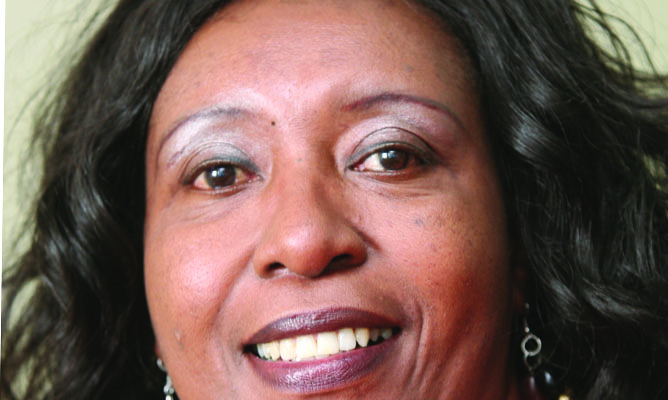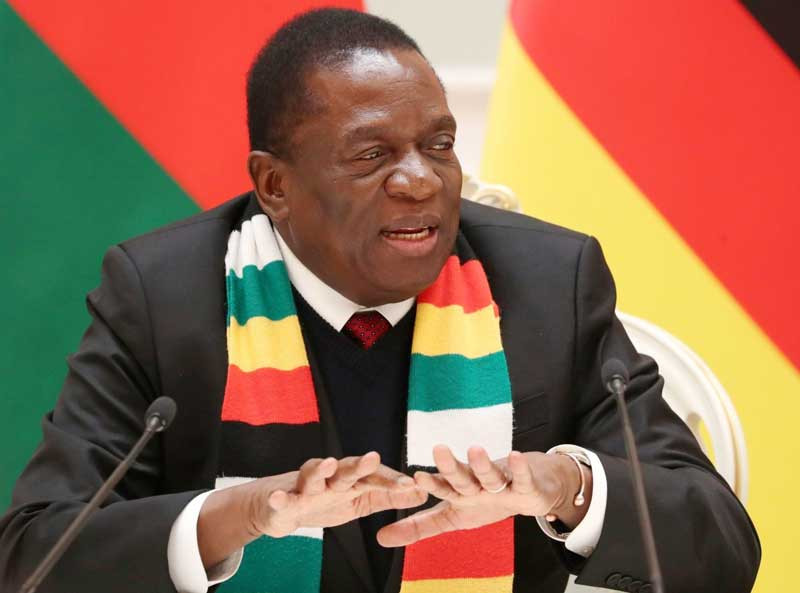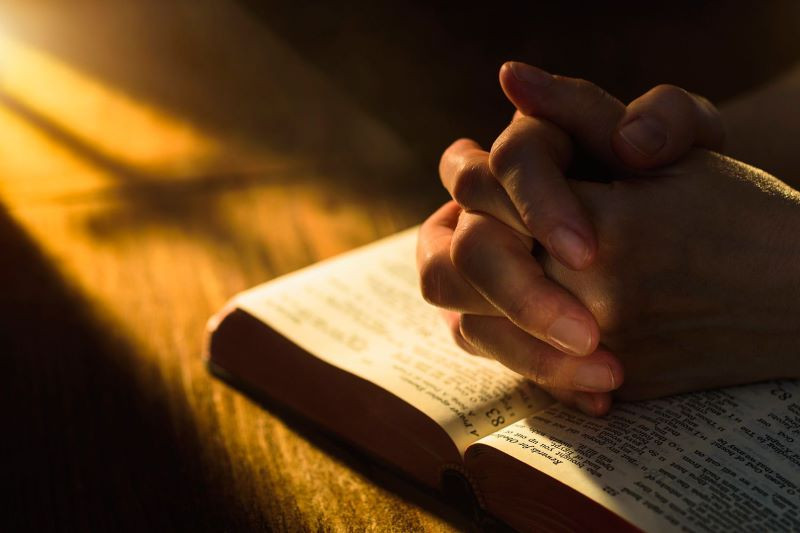
A WOMAN from Matabeleland recently told a gathering of women that their region has been completely forgotten and that most households are being led by either the elderly or young children.
Saturday Dialogue Ropafadzo Mapimhidze
This is because most of the breadwinners have flocked to either Botswana or South Africa in search of work. However, most of these people that have sought refuge in these countries can barely send a dime back home because they are not gainfully employed.
It is possible they are living from hand to mouth. They are destitute, so to speak.
This is the sad scenario facing this region which also encountered a brutal massacre of its breadwinners during the Gukurahundi era, a matter that these people still talk about today.
Survivors of this ethnic cleansing, who probably were toddlers at that time, still do not have birth certificates or travel documents and this makes it difficult for them to find work in the countries they have sought refuge.
The rules in Zimbabwe are just too rigid as they require an individual to bring someone who is a close relative to support the application for this document, but the majority, if not all, lost extended families during these disturbances.
So who will assist these people obtain these documents? Or is it a deliberate ploy to ensure that these people do not vote because for anyone to participate in elections, you have to have a national identity card?
- Chamisa under fire over US$120K donation
- Mavhunga puts DeMbare into Chibuku quarterfinals
- Pension funds bet on Cabora Bassa oilfields
- Councils defy govt fire tender directive
Keep Reading
This is a region that hardly has any industries running as most of the businesses have now been turned into churches.
It is basically the same scenario in Harare where hordes of women are living like widows because their spouses have migrated around the world in search of jobs, resulting in many instances in the breakdown of marriages.
One woman spoke about how women and girls in neighbouring South Africa were engaging in prostitution, adding she actually fears that a whole generation of people will either be widows or widowers in a couple of years.
HIV and Aids are real and will afflict these desperate people and decimate a huge fraction of Zimbabwe’s population.
I have a relative who is living with HIV in Botswana, who claims that the authorities there have denied her access to anti-retroviral drugs (ARVs), saying it is a preserve for Botswana citizens.
She has to travel to Kadoma General Hospital every three months to get her medical supplies, a situation that is tedious and taxing for her.
Is the government aware about these problems?
President Robert Mugabe recently said Zimbabwe’s economy was on a rebound and this statement was a shocker to many of us.
Which economy was he talking about?
“Even the white people who were initially very good employers now claim they are not able to pay their workers. My husband has not been paid for eight months, but he still reports for duty. We are starving, children stopped going to school,” another woman said.
The July 17, 2015 Zuva Supreme Court judgment resulted in thousands of workers being laid off and it is everybody’s wonder which firms or factories Mugabe was talking about.
Walking or driving around the industrial areas of Harare is an eerie and ghostly experience. These areas are so quiet, with absolutely no machinery running like it used to happen two decades plus ago.
We are now in the first quarter of the year and yet bonuses for civil servants, which were supposed to have been issued in November last year, are yet to be paid.
I was in Zambia in December last year and my heart bled to see Zimbabweans selling sweets and cooking sadza for sale in and around most market stalls in Lusaka.
Those I spoke to were in some instances university graduates. This made my heart sink with anger. I also met a musician, who said he had made some inroads in that country, but said he would like to do his performances in his mother country, Zimbabwe.
“I have received good publicity here and large crowds attend my shows, but I miss my wife and children, whom I visit once a month. My wife is full-time at home and I have to provide rent money and food. This separation is not good for us, but what can I do? There are so many Zimbabwean women selling all sorts of things and I know of one single parent that left her three children with her 15-year-old daughter as head of the family,” he said.
“This is unacceptable, but what can she do? She was a domestic worker who lost her job when her white employers relocated overseas and Zimbabweans have done way with domestics as they no longer can afford that luxury.”
Like I said last week, I cared less about the politics of this country, but I have become too critical about how this country is being run because these economic problems have hit me hardest. Without a job, how do I survive?
Should I go back and live in exile again? What then happens to my children, family and our grandchildren?
Who will employ a 55-year-old, especially now when most people in that age category are being threatened with being laid off?
And for how long can authorities continue lying or pretend all is well when the opposite is the reality? I look forward to a government that listens to people’s concerns and not one that has politicians filling their foreign banks accounts with money and sending their children to deliver their babies in foreign lands.
Is this not a clear message that they no longer trust their own medical institutions and banking sectors? Our leaders have failed us and I look forward to yet another leadership that has hearts for the people. A leadership that listens to its people . . . a leadership that does not silence dissenting voices…a leadership that will not impose leaders to run the various provinces…a leadership that will engage with locals living in the Diaspora.
Yes, Diasporans deserve to vote from those countries for leaders in Zimbabwe. That is a democratic right.
We want a motherly figurehead that will embrace people like me, appreciate my contribution to this nation as a single mother, and celebrate men and women who bore the brunt of political violence after independence, some of whom I personally saw a few years ago in private hospitals with dismembered arms during the infamous “long or short sleeve amputations”. Their sin was they supported the opposition.
It was a horrible sight.
When Zimbabwe was born, there were plus or minus 35 000 war veterans. That number has risen to one million. Are these veterans being born every year? Can someone explain to us why these numbers continue rising?
I am a daughter of a war veteran who fought side by side with Zipra commanders Jason Ziyapapa Moyo, Alfred Nikita Mangena etc, and this is not what my father fought for. But he got nothing when we returned from some neighbouring country we lived in exile after independence and yet, we now have some fake war veterans that have grounded this economy to its knees.
My dad, known as Morris Mbiru during the liberation struggle, sustained injuries when he was shot in the knee as he and his colleagues were engaged in an exchange of gunfire with Rhodesian forces and hence, could not continue fighting and returned to his temporary home in exile.
The history of Buhera politics will never be complete without mention of his name because he is the one who created awareness in the area about the white regime and segregation at Makumbe Mission when everyone was to confront some white Dutch missionary called Laschachen.
My grandfather was a Zanla supporter who was killed by Rhodesian forces in 1978. He had several stints at Gonakudzingwa and hence the reason why one of my brothers is called Mbiri ye Gonakudzingwa, who ironically is a minister of religion called Pastor Mbiri.
I have decided to speak on behalf of unsung heroes and heroines from all the political parties because they have not been given the opportunity to speak out. Their voices have been muzzled and labelled undesirables.
This country’s revolution history must be rewritten to acknowledge all political parties that fought for this country. That is how healing can also be realised because pretending and brushing aside some issues only makes matters continue simmering.
Government should particularly take people of Matabeleland as a priority project because they have issues that they want to take about so healing can be realised.
We are all citizens of this country and no one is more Zimbabwean than the other. I will continue speaking and no one should silence me because I am suffering. The majority of our population is squealing in silence. Feedback:[email protected]











